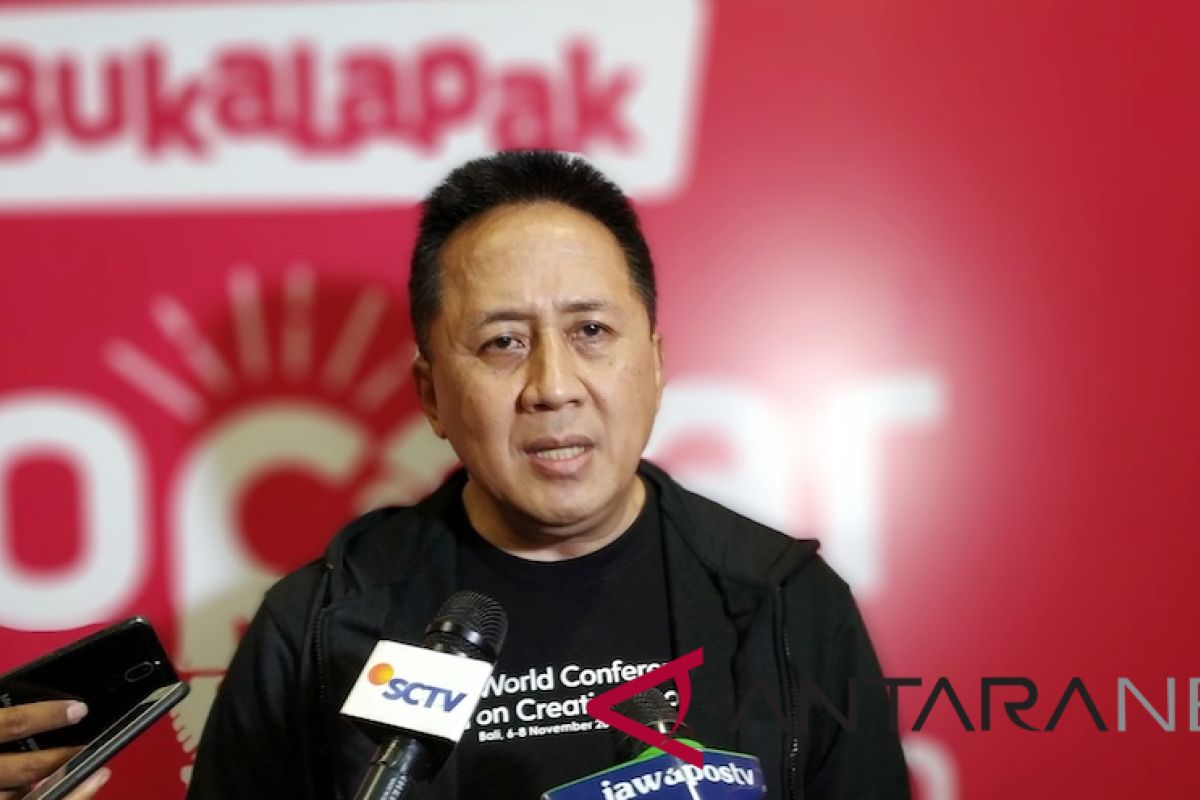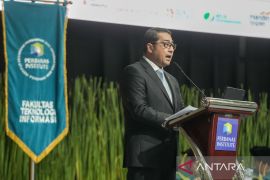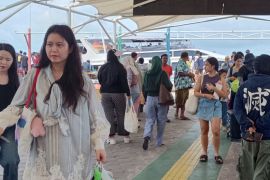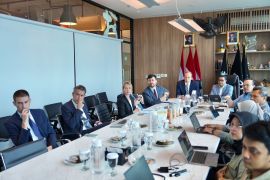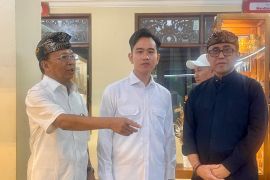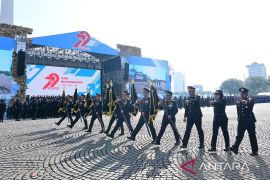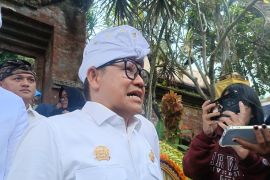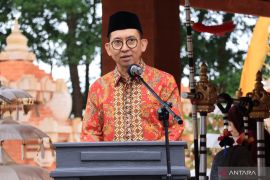In contrast to other sectors that are heavily dependent on the exploitation of natural resources, the strength of creative economy is based largely on the superiority of human resources. Artwork, architecture, books, technological innovations, and animations, derive from creative ideas of human thought.
Given the country`s potential, the Joko Widodo (Jokowi) administration is determined to make the creative economy a backbone of the Indonesian economy.
To this end, President Jokowi established a new non-ministerial institution called the Creative Economy Agency (Bekraf) on January 20, 2015, with tasks including assisting the president in formulating, defining, coordinating, and synchronizing policies in the creative economy.
Bekraf has envisioned to build Indonesia into one of the world`s economic forces in the creative economy in 2030.
To realize this vision, Bekraf has designed six major missions, including by encouraging innovation in the creative field that has added value and competitiveness in the international world.
As Indonesia believes that it is the time for global community to take up and seriously discuss opportunities and challenges of the creative economy, the country initiated the World Conference on Creative Economy (WCCE) held in Nusa Dua, Bali, on November 6-8, 2018.
During the conference, at least 15 hundred participants from 30 countries vowed to promote stronger international political commitments to address challenges and seize opportunities in the creative economy.
"In this era of globalization and advanced technology, the creative industry has become a game changer. As one of the most dynamic sectors, creative economy contributes significantly to the economic growth in many countries," Triawan Munaf, Bekraf chairman, stated in his opening remarks at the 1st WCCE themed "Inclusively Creative" and closed by issuing recommendations called "Bali Agenda for Creative Economy."
The 1st WCCE was the first of its kind to gather all related stakeholders of creative economy, including young entrepreneurs, academicians, government officials, and the media.
Indonesia is the official owner of the WCCE brand, and the world-class creative economic conference can be organized abroad.
"This brand has been recognized by the United Nations Conference on Trade and Development (UNCTAD). This conference has been recognized, and they hope that the conference will be held regularly," Munaf noted.
The second WCCE will be organized in Dubai, the United Arab Emirates, in 2020, according to Munaf.
Dubai is viewed as a suitable location for holding the WCCE due to being strategically located, coupled with the availability of sound facilities and infrastructure.
Moreover, Indonesia, which owns the WCCE brand, is keen to see a country that has transformed from a natural resources-based economy into a creative economy one.
"We also want to see a transformation of an Arab country, such as Saudi, which has been transformed from an oil to a creative industry base," he stated.
Bogota, the capital of Colombia, is also interested in hosting the next WCCE.
Meanwhile, during the conference, Indonesia proposed the establishment of a center of excellence for the creative economy.
"The Indonesian government is fully committed to playing a greater role in the development of the global creative economy. I hope the WCCE can be a catalyst in gathering global commitments to form a center of excellence for the creative economy that contributes positively to the formation of a better and inclusive global economy," Munaf revealed.
Indonesian Foreign Minister Retno Marsudi, co-host of the First WCCE along with Munaf, in her opening speech expressed optimistic that Indonesia would be able to become a creative economic capital in the Southeast Asia region.
"I am certain that soon Indonesia would become a regional creative economic capital in Southeast Asia," Marsudi stated.
She noted that Indonesia`s rich cultural heritage allows the country to develop creative industries, fashion, culinary, arts and crafts, and entertainment.
The creative economic sector has contributed to more than 7.4 percent of Indonesia`s gross domestic product (GDP).
In 2015, the sector had contributed Rp852 trillion to the GDP, while in 2016, the figure reached Rp923 trillion, and increased to Rp990 trillion in 2017. The figure is projected to reach up to Rp1 thousand trillion in 2018.
The creative economy industry has absorbed nearly 17 million workers, who are nearly 14 percent of the total workforce, with more than 54 percent of the creative economy workers being women.
Globally, the creative economy is larger than many people realize and it continues to grow.
A study commissioned by the International Confederation of Societies of Authors and Composers suggested that globally, creative industries generate $2.25 trillion in revenue annually, and creative industries employ 29.5 million people.
Reporter: Fardah Assegaf
Editor: Andi Abdussalam
Copyright © ANTARA 2018
